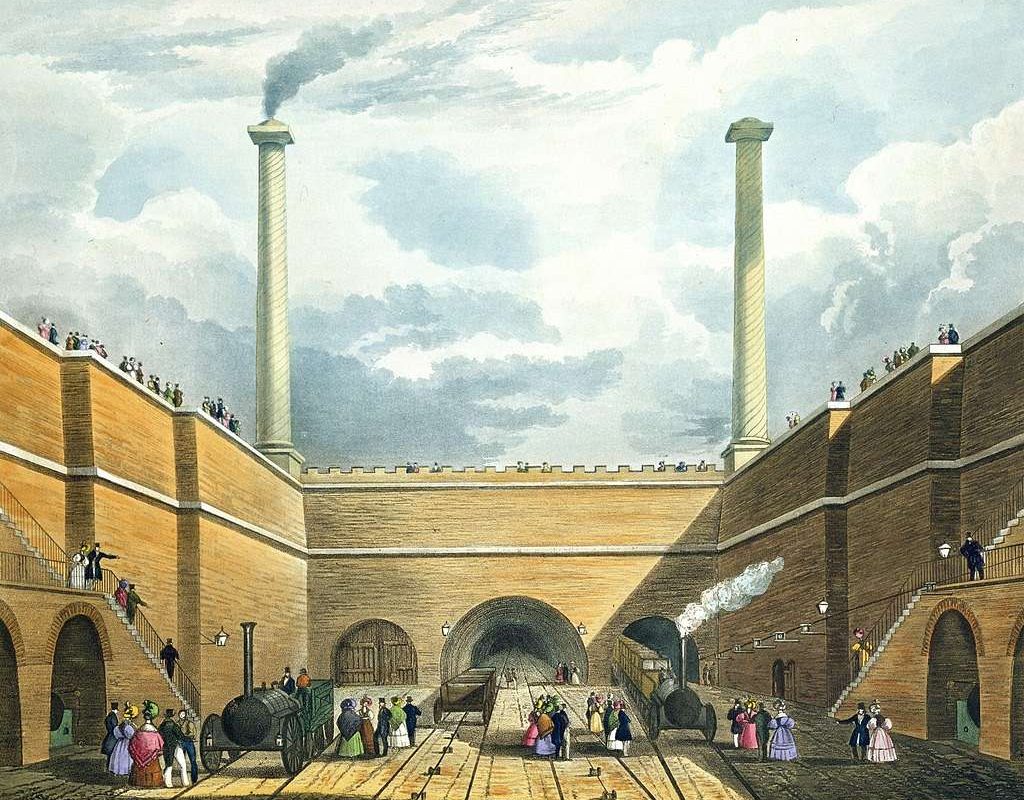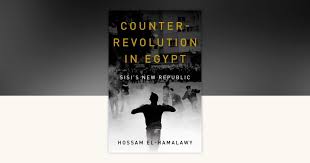Rebellious Daughters of History #11
by Judy Cox

Factory Girl, Socialist and Writer: Ethel Carnie Holdsworth (1886 – 1962),
Ethel Carnie was born into a weaving family in Oswaldtwistle, Lancashire. She started working part-time work in the mill at age eleven and worked full-time from thirteen. In her later articles for the Woman Worker, she described her experience as “slavery”.
Ethel attended Great Harwood British School from 1892 until 1899. She was a passionate reader. Her first book of poems, Rhymes from the Factory, was published in 1907, when Ethel was just 21 years old. When this was republished in 1908 she achieved national recognition.
Socialist Robert Blatchford, proprietor of The Clarion newspaper, offered Ethel a job writing for The Woman Worker, in London. She edited the paper between July and December 1909. Carnie was dismissed after six months possibly because Blatchford did not like her increasingly political and feminist editorials.
A second book of poems, Songs of a Factory Girl, was published in 1911, and her third and final collection of poems, Voices of Womanhood, followed three years later.
Her themes relate to the things she had seen in life: the slavery of the factory system and of domestic service, women exhausted by work as well as family and domestic lives. But what speaks most strongly is Carnie’s faith in human goodness and a determination to declare this on behalf of her class – to show that the fight was a just one.
Ethel Carnie was a member of the Co-operative Society, and the Independent Labour Party and was strongly anti- capitalist. She protested against the introduction of conscription in WWI, addressed 20,000 women during the Women’s Peace Crusade. During the 1920s she lived in Hebden Bridge and edited The Clear Light, an anti-fascist journal, with her husband Alfred Holdsworth who she had married in 1915.
Ethel was the first working class woman to publish best-selling novels. Helen of Four Gates was made into a film in 1924. The novel This Slavery (1925) is about a strike and it’s characters are working-class socialists who read Capital.
The book is dedicated ‘To Mother and Father, slaves and rebels […] with a Daughter’s affection and a Comrade’s greetings’. This is from Rachels speech:
“I wonder when women’ll be free, mother An’ chaps, too, of course. But we, we somehow have a tradition behind us besides an economic slavery. We’ve got the race on our shoulders, an’ all th’ other besides”
Article: ‘Our Right to Play’ (The Woman Worker, April 14, 1909, p.342)
‘For God’s sake, women, go out and play.
Instead of staring round to see what wants polishing or rubbing, go out into the open and draw the breath of the moors or the hills into your lungs.
Get some of the starshine and sunlight into your souls, and do not forget that you are something more than a dish washer – that you are more necessary to the human race than politicians – or anything.
Remember you belong to the aristocracy of labour – the long pedigree of toil, and the birthright which Nature gives to everyone had entitled you to an estate higher than that of princes.’
Poem: ‘Power’
“They built the house of Power on Force and Fear,
And gave authority the key to hold,
Stamping it with the hall-mark of dead gold,
And rusting it in human Blood and Tear.
“Behold!” cried Power, “The glory of my state!
Here I conserve forever all that Is,
Here, manacled and gagged, my priests shall kiss
My sceptre. Prisons, dungeons, be my Gate!
Whilst outside millions claw and scratch for Bread,
And burdened lives go swiftly to the grave.
Hold fast my key, my mistress, and all’s well!”
But Liberty came by with rose-crowned head,
And piped upon her pipe to every slave
These words of Laughter, “Fear is all their spell.”

Revolutionary, campaigner for worker’s safety and journalist Crystal Eastman (1881-1928)
‘When the dead bodies of girls are found piled up against locked doors leading to exits after a factory fire, who wants to hear about a great relief fund? What we want is to start a revolution’.
Three Essentials for Accident Prevention, July 1912
Crystal Eastman was a lawyer, anti-war campaigner, suffragist and revolutionary socialist. Crystal moved to New York with her brother, Max Eastman, in 1907. In 1912 Max and Crystal worked on The Masses, a revolutionary magazine owned cooperatively by its editors alongside John Reed, Louise Bryant and novelist Upton Sinclair.
Crystal campaigned energetically for safer working conditions. In 1911 she explained her interest in industrial statistics, ‘it seems a tame thing to drop suddenly from talk of revolution to talk of statistics, but I believe in statistics as much as I believe in revolution. And what is more, I believe statistics are good stuff to start a revolution with’.
In 1913 she helped to launch the Congressional Union of Women Suffrage to campaign for the vote. During the First World War, she organised against American militarism and imperialism and her Women’s Peace Party greeted the outbreak of the Russian Revolution with, ‘mad, glad joy’.
In 1919 Eastman reported for another radical paper, The Masses, until the paper was closed down. Max and Crystal then co-founded another socialist magazine, The Liberator. Crystal made the dangerous journey to Hungary to give a first-hand account of the revolution in a series, ‘Inside Communist Hungary’.
Crystal also helped to form the American Civil Liberties Union and became co-author of the Equal Rights Amendment. In the same year, Crystal organised the first Feminist Congress. When she was black-listed in the red scare of 1919-20 she found work on radical journals, Equal Rights and Time and Tide.
In the first issue of The Liberator, at the high point of the wave of revolutions which ended World War One,Eastman wrote,
‘Never in all history before could one so joyfully and confidently enter upon the enterprise of publishing and propagating ideas.
Dedicating our admiration to the fearless faith in scientific intelligence of Karl Marx, and our energy to hopes that are even beyond his, we issue THE LIBERATOR into a world whose possibilities of freedom and life for all, are now certainly immeasurable’.
Crystal Eastman died in 1928 aged just 46.



